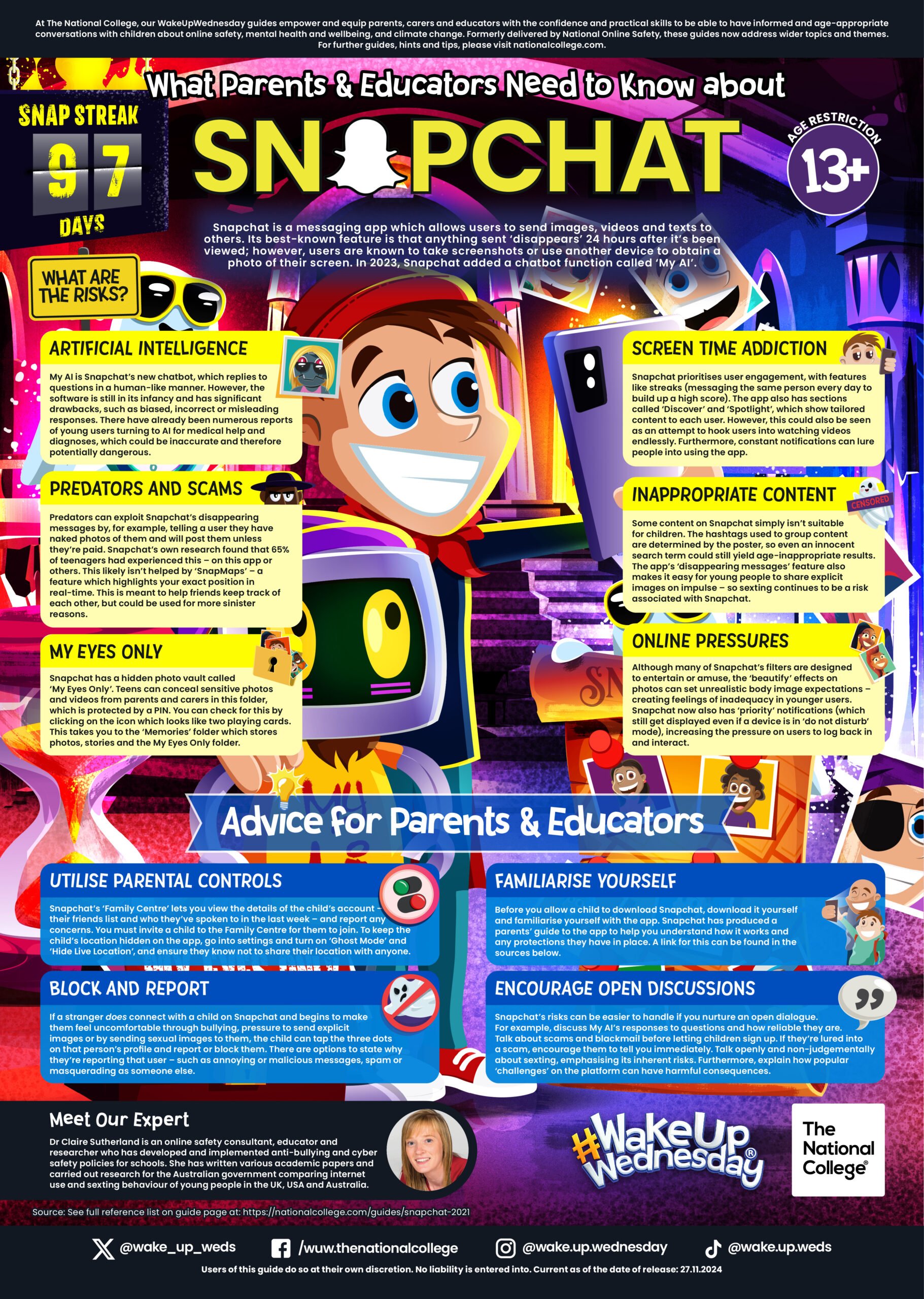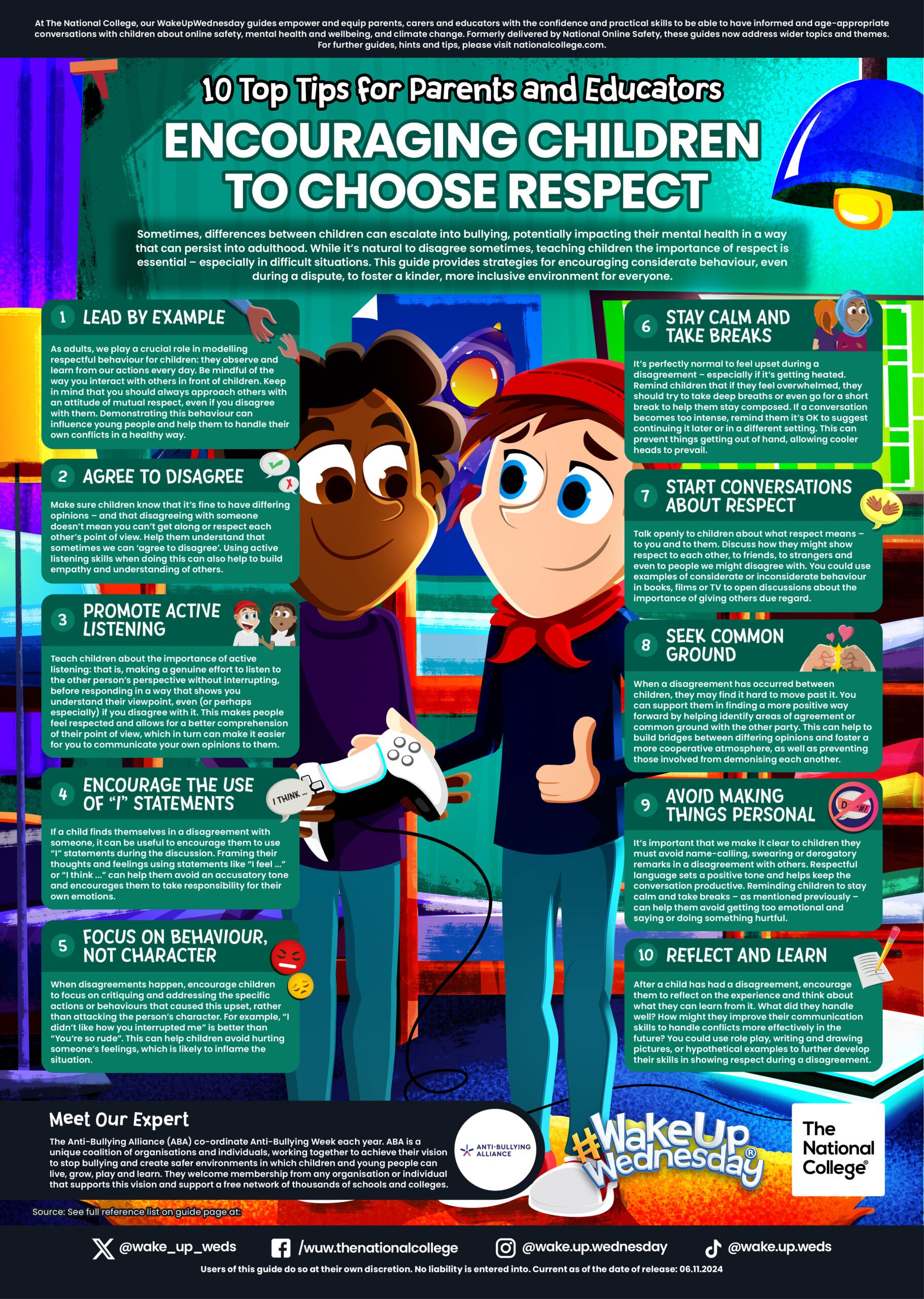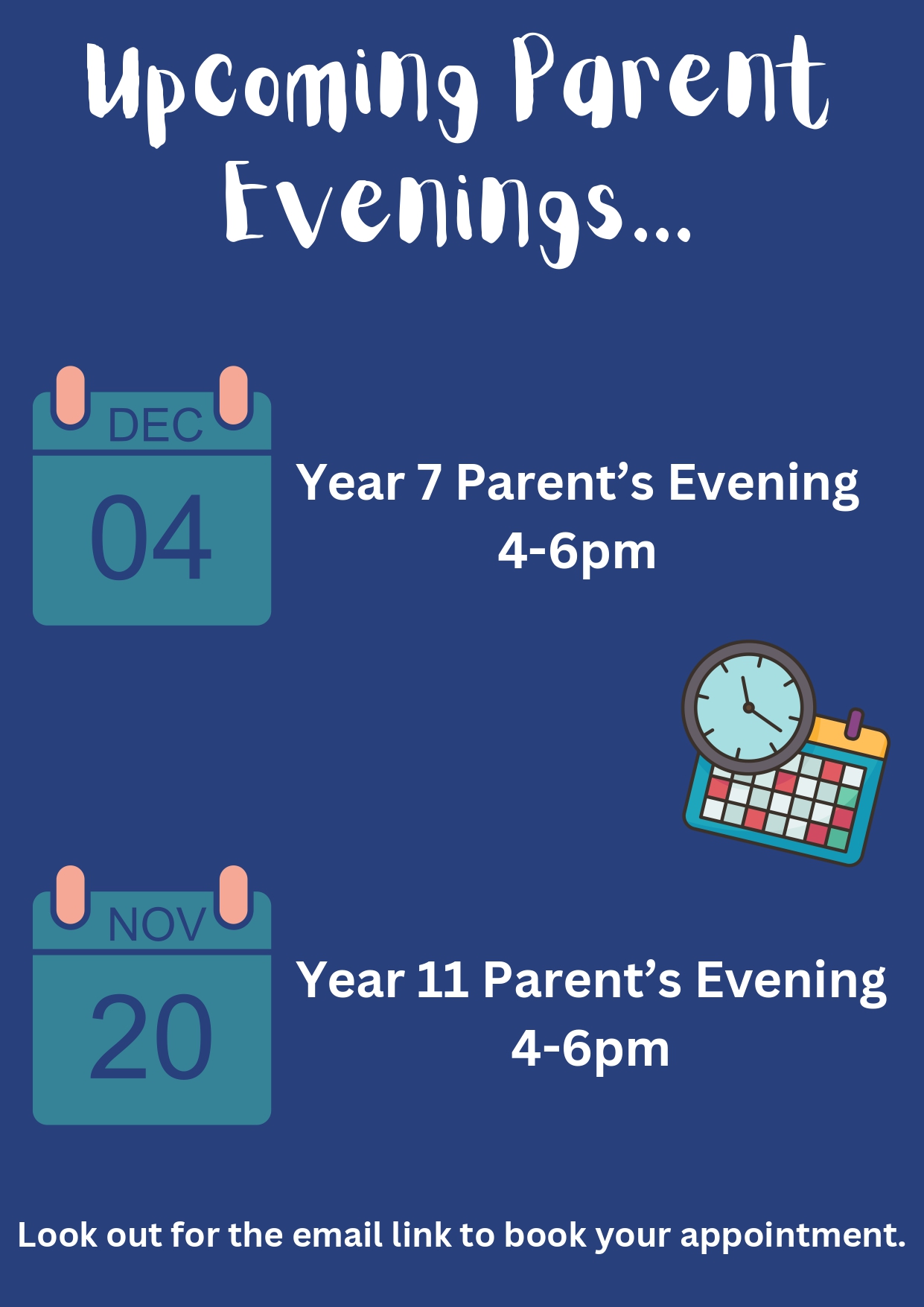Recent user numbers for the messaging app Snapchat currently sit at approximately 800 million and figures from data gathering company Statista indicate that roughly 20% of those users are under 18. That’s a lot of young people participating in this sprawling social media platform, many of whom are potentially unaware of the associated risks.
That’s why we’re releasing this week’s guide – also available in podcast format for those who want to listen on the go. It can be tricky to know how to safeguard younger users on Snapchat but we aim to show you how, while also giving you in-depth knowledge of the online safety risks posed by this platform.


Findings from the Money and Pensions Service have found that only 47% of children in the UK have received a meaningful financial education. Money management is a vital part of being an adult, and an exceptionally important skill that will benefit children for their entire lives. Having the knowledge and self-control to let savings build up interest – or avoid an impulse buy can ensure that children go into adulthood at a significantly lower risk of financial difficulty. With Black Friday and Cyber Monday sales fast approaching, now is a great time to help children understand the value of money.
Of course, it can feel daunting when attempting to teach young people about something as complicated as money and responsible budgeting but there are several options at your disposal. To break down these options, we’ve put together this guide in collaboration with financial education app GoHenry, helping you teach children and young people all they need to know about spending and saving.

11th November marks the beginning of Anti-Bullying Week, and this year’s theme is “Choose Respect”. Statistics from this week’s experts – the Anti-Bullying Alliance – reveal that 40% of children in the UK have suffered some form of bullying within the last year, with the most common experience being name-calling and verbal abuse. While it can have several causes, this kind of behaviour is commonly seen when a disagreement between two youngsters gets out of hand and emotions take over.
Many children are still learning how to conduct themselves, and it can be difficult for them to know how to act when faced with someone who disagrees with them, or otherwise find themselves in conflict with another person. It can also be tricky for parents and educators to teach them how to resolve disputes in a mature and healthy manner. By teaming up with the ABA for Anti-Bullying Week, we’re bringing you expert advice on encouraging children to choose respect.








